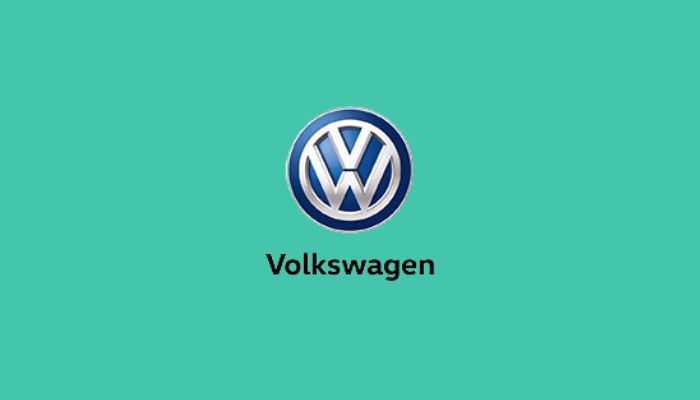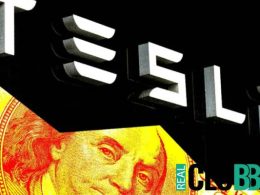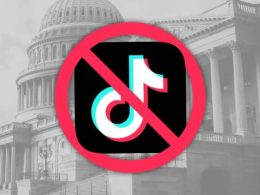Volkswagen shares dropped 3% on Monday, December 23, as investors reacted cautiously to a cost-cutting agreement with unions. The deal, announced on December 20, aims to cut more than 35,000 jobs over time and reduce production by nearly 25%. Despite avoiding immediate layoffs or plant closures, the agreement has drawn mixed reactions.
Union IG Metall hailed the deal as a “Christmas miracle,” but analysts expressed concerns. Jefferies analyst Philippe Houchois noted that the plan fell short of initial market expectations and lacked urgency. Analysts from ODDO BHF added that the competitive auto sector and fast-paced innovation at rivals may render these efforts insufficient.
Volkswagen’s management plans to achieve €15 billion ($15.61 billion) in annual cost savings, but details remain unclear. J.P. Morgan analysts described the agreement as a “positive step” but emphasized that its financial impact will only become evident after 2025.
The automaker faces additional challenges, including declining demand in China and the potential for U.S. tariffs under the new administration. According to analysts, these factors could dampen earnings momentum in 2025.
Volkswagen shares have already declined more than 20% this year, trading near their 2010 levels. Shares of German peers like BMW and Mercedes-Benz also fell modestly, reflecting broader industry uncertainty.
With nearly 300,000 employees in Germany and ongoing challenges from overcapacity, Volkswagen’s cost-cutting measures mark the beginning of a five-year process to regain financial stability.











